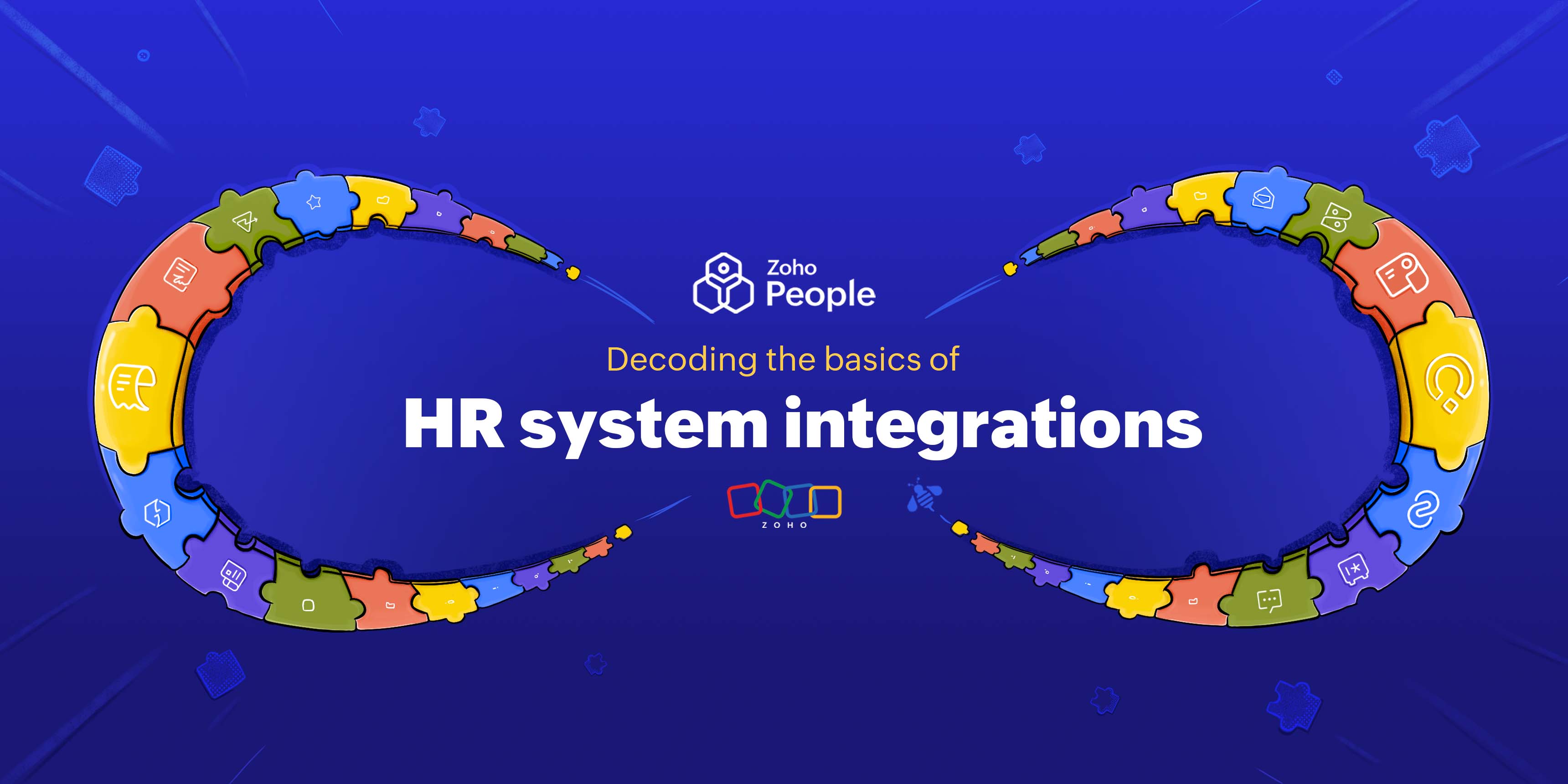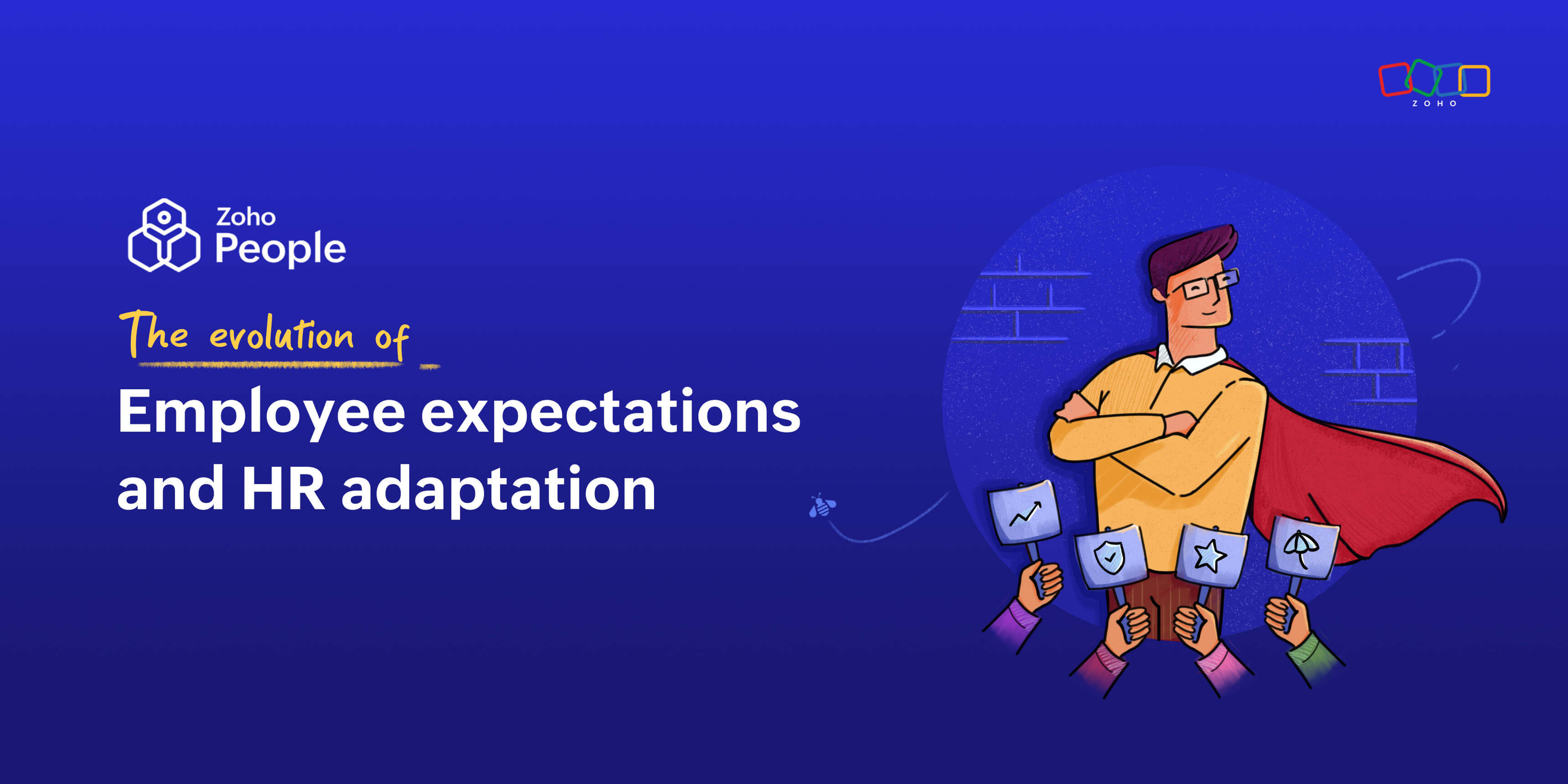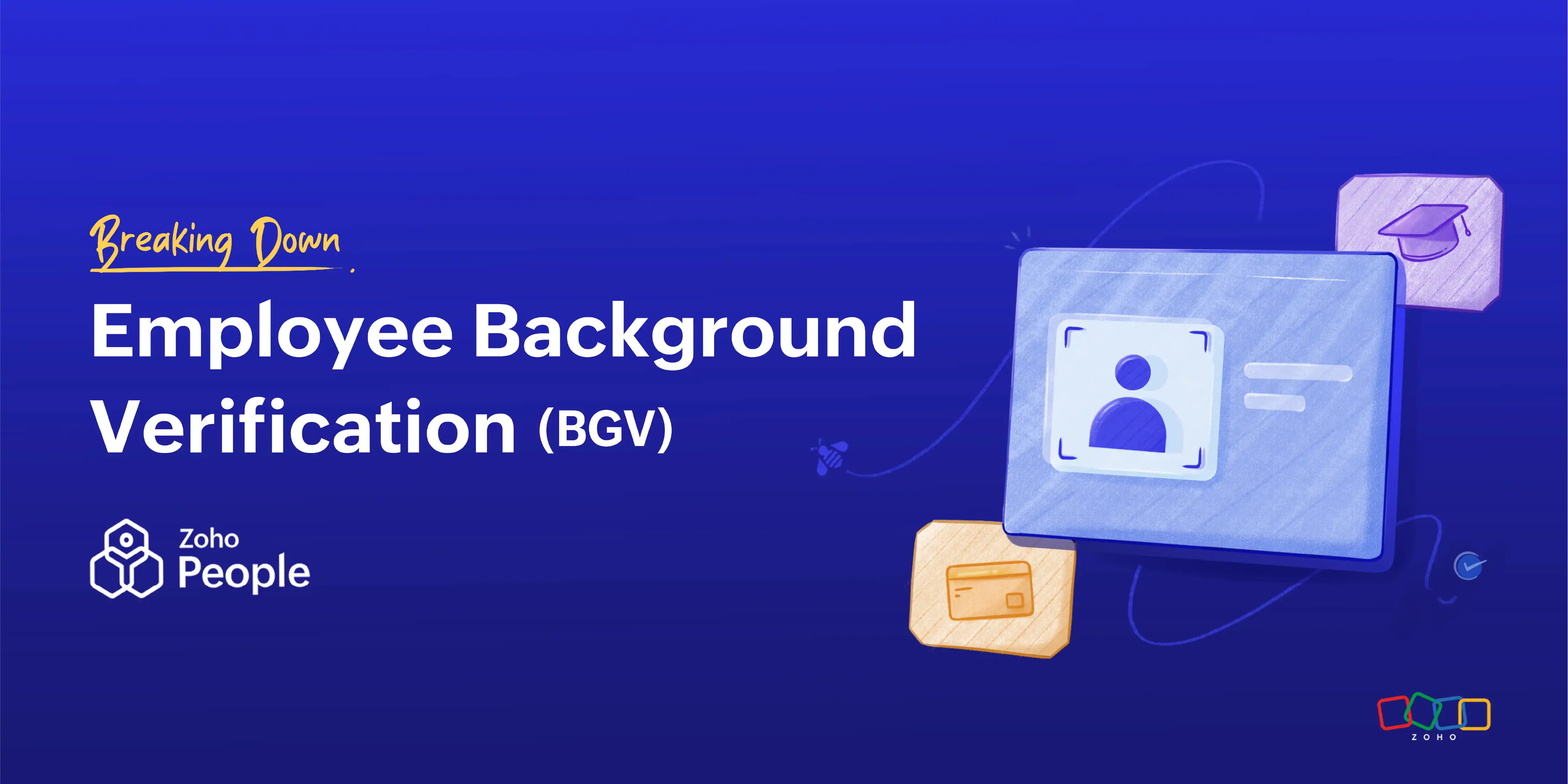- HOME
- HR insights
- Top 8 HR terms that are ruling the HR industry: Part II
Top 8 HR terms that are ruling the HR industry: Part II
- Last Updated : August 23, 2023
- 625 Views
- 3 Min Read

HR departments have evolved to assume a more powerful role across organizations. Today, HR professionals go beyond administrative tasks to elevate the employee experience, implement change management strategies, and more. It's up to them to address ever-changing employee needs and expectations. That's why we recommend that all HR professionals stay up to date on employee management trends.
In part one of this blog post, we listed the top eight HR terms and buzzwords that are ruling the HR sector. In this installment, we'll look at the next set of HR buzzwords that every HR professional should know:
Peer-to-peer recognition
As the name suggests, peer-to-peer recognition is a practice that allows employees to recognize their colleagues and provide constructive feedback. This makes growth, gratitude, and recognition an innate part of your organizational culture. Peer-to-peer recognition plays a significant role in establishing a positive work environment in which employees work together as a team.
Data-driven HR
Data-driven HR is a strategy that leverages employee data, from recruitment to retirement, to gain valuable insights about a company's workforce. HR teams use these insights to make more informed decisions, rather than relying on gut feelings or the orders from their C-level management. Organizations often choose to adopt HR software with people analytics tools so they can access centralized data from one platform.
Talent war
Talent war is a term often used to refer to the shortage of qualified candidates and the competition among organizations to hire the best employees. The COVID-19 pandemic has motivated employees to work for organizations that value their well-being and put people before profits. Many individuals are leaving organizations that still follow rigid rules and fail to prioritize employee needs.
Coworking
With remote work, gig work, and hybrid workplace models becoming prominent, employees are growing more comfortable with the concept of coworking. Employees from different organizations and different job titles come together to work in shared office environments, often known as coworking spaces. Employees make use of these coworking spaces to overcome the isolation and loneliness that can result from remote and hybrid work.
Internal branding
Internal branding is an HR strategy used to help employees understand the mission and vision behind an organization's brand. When employees are on the same page regarding organizational culture and values, they're more eager to spread the word about your company. This aids in building a positive reputation for your organization.
Employee persona
An employee persona typically represents a group of employees who possess similar characteristics, preferences, attitudes, and experiences. An organization can have as many employee personas as necessary, depending on the overall number of employees. These personas can help HR departments understand what their employees expect from the organization so they can tailor initiatives to these expectations and provide an exceptional working experience.
Skill-based hiring
In skill-based hiring, recruiters look for candidates with a specific set of skills over traditional qualifications, such as degrees or certifications. Recruiters don't focus heavily on how candidates acquired their skills as long as they are confident that those candidates can get the job done.
Career plateau
Career plateau refers to a situation that stunts employee growth and prevents them from progressing in their company or in their career. This can cause employees to feel stuck, and they may lose all motivation to work. HR teams often tackle this issue with the help of strategic promotions, training and development, mentorship opportunities, and challenging new projects.
Staying on top of HR trends
As an HR professional, keeping track of new job market trends will help you level up your employee management strategies and gain a competitive advantage over other organizations. This can prove beneficial, especially at a time when employee turnover rate is at an all-time high.
 Tarika
TarikaContent Specialist at Zoho People


